
The history of the Soviet Union from 1982 through 1991 spans the period from the Soviet leader Leonid Brezhnev's death until the dissolution of the Soviet Union. Due to the years of Soviet military buildup at the expense of domestic development, and complex systemic problems in the command economy, Soviet output stagnated. Failed attempts at reform, a standstill economy, and the success of the proxies of the United States against the Soviet Union's forces in the war in Afghanistan led to a general feeling of discontent, especially in the Soviet-occupied Baltic countries and Eastern Europe.

Konstantin Ustinovich Chernenko was a Soviet politician and the seventh General Secretary of the Communist Party of the Soviet Union. He briefly led the Soviet Union from 1984 until his death a year later.
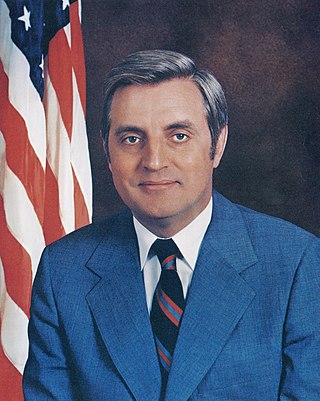
Walter Frederick "Fritz" Mondale was an American lawyer and politician who served as the 42nd vice president of the United States from 1977 to 1981 under President Jimmy Carter. A U.S. senator from Minnesota from 1964 to 1976, he was the Democratic Party's nominee in the 1984 presidential election, but lost to incumbent Ronald Reagan in an Electoral College and popular vote landslide.

Dianne Emiel Feinstein was an American politician who served as a United States senator from California from 1992 until her death in 2023. A member of the Democratic Party, she served as mayor of San Francisco from 1978 to 1988.
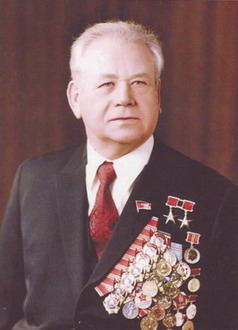
Andrei Pavlovich Kirilenko was a Soviet politician, and a member of the Secretariat of the Communist Party of the Soviet Union. He was one of the most loyal politicians to Leonid Brezhnev.
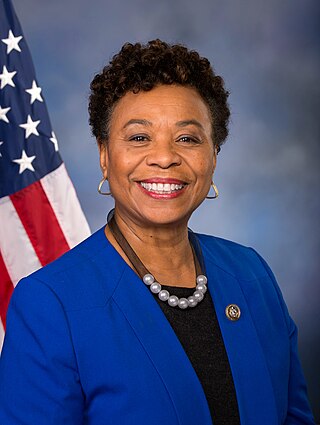
Barbara Jean Lee is an American politician and social worker who has served as a U.S. representative from California since 1998. A member of the Democratic Party, Lee represents California's 12th congressional district, which is based in Oakland and covers most of the northern part of Alameda County. According to the Cook Partisan Voting Index, it is one of the nation's most Democratic districts, with a rating of D+40.

The Samburu are a Nilotic people of north-central Kenya. Samburu are semi-nomadic pastoralists who herd mainly cattle but also keep sheep, goats and camels. The name they use for themselves is Lokop or Loikop, a term which may have a variety of meanings which Samburu themselves do not agree on. Many assert that it refers to them as "owners of the land" though others present a very different interpretation of the term. Samburu speak the Samburu dialect of the Maa language, which is a Nilotic language. The Maa language is also spoken by other 22 sub tribes of the Maa community otherwise known as the Maasai. Many Western anthropologists tried to carve out and create the Samburu tribe as a community of its own, unaffiliated to its parent Maasai community, a narrative that seems that many Samburu people today hold. There are many game parks in the area, one of the most well known is Samburu National Reserve. The Samburu sub tribe is the third largest in the Maa community of Kenya and Tanzania, after the Kisonko (Isikirari) of Tanzania and Purko of Kenya and Tanzania.
This article covers the history of women in the United States Senate and various milestones achieved by female senators. It includes a list of all women who have served in the Senate, a list of current female senators, and a list of states represented by women in the Senate. The first female U.S. senator, Rebecca Latimer Felton, represented Georgia for a single day in 1922, and the first woman elected to the Senate, Hattie Caraway, was elected from Arkansas in 1932. Sixty women have served in the upper house of the United States Congress since its establishment in 1789. As of October 3, 2023, there are 25 women serving as U.S. senators. Additionally, Kamala Harris as vice president serves as President of the Senate.
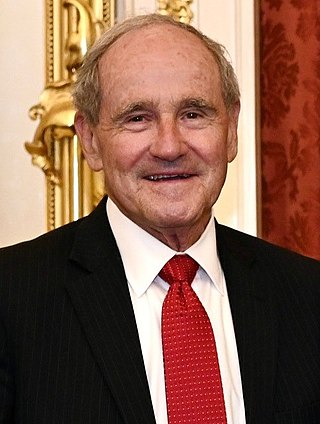
James Elroy Risch is an American lawyer and politician who has served as the junior United States senator from Idaho since 2009. A member of the Republican Party, he served as lieutenant governor of Idaho under governors Dirk Kempthorne and Butch Otter. He also served from May 2006 to January 2007 as the 31st governor of Idaho.
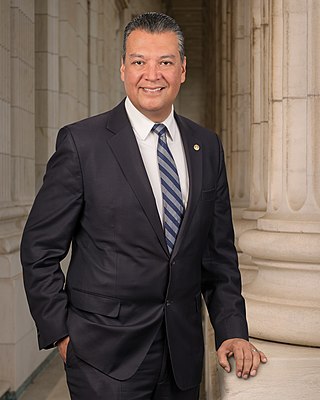
Alejandro "Alex" Padilla is an American politician serving as the senior United States senator from California, a seat he has held since 2021. A member of the Democratic Party, Padilla served as the 30th secretary of state of California from 2015 to 2021 and was a member of the California State Senate and the Los Angeles City Council.

William Joseph Burns is an American diplomat who has served as director of the Central Intelligence Agency (CIA) in the Biden administration since March 19, 2021. He previously served as U.S. deputy secretary of state from 2011 to 2014; in 2009 he served as acting secretary of state for a day, prior to the confirmation of Hillary Clinton. Burns retired from the U.S. Foreign Service in 2014 after a 32-year career. From 2014 to 2021, he served as president of the Carnegie Endowment for International Peace.

Joe Biden, President of the United States, served as Vice President from 2009 to 2017 and in the United States Senate from 1973 until 2009. A member of the Democratic Party, he made his second presidential run in 2008, later being announced as Democratic presidential nominee Barack Obama's running mate in 2008. He was elected vice president in 2008 and re-elected in 2012. In April 2019, Biden announced his 2020 presidential campaign. He became the presumptive Democratic nominee in April 2020, was formally nominated by the Democratic Party in August 2020, and defeated Republican incumbent Donald Trump in the November 2020 election.
The Politburo of the 23rd Congress of the Communist Party of the Soviet Union was in session from 1966 to 1971.

The 118th United States Congress is the current meeting of the legislative branch of the United States federal government, composed of the United States Senate and the United States House of Representatives. It convened in Washington, D.C., on January 3, 2023, and will end on January 3, 2025, during the third and fourth years of President Joe Biden's term in office.

Joe Biden's tenure as the 46th president of the United States began with his inauguration on January 20, 2021. Biden, a Democrat from Delaware who previously served as vice president for two terms under President Barack Obama, took office following his victory in the 2020 presidential election over Republican incumbent president Donald Trump. Upon his inauguration, he became the oldest president in American history, breaking the record set by Ronald Reagan. Biden entered office amid the COVID-19 pandemic, an economic crisis, and increased political polarization.
During the presidency of Barack Obama, the United States began providing Saudi Arabia with critical support to "sustain" the Saudi Arabian–led intervention in the Yemeni Civil War, later expanded during the presidency of Donald Trump. This support included logistical and intelligence aid. Trump vetoed a bipartisan bill in 2019 aimed at stopping U.S. support for the Saudi-led coalition in Yemen. In 2021, Joe Biden vowed to halt U.S. support for the war, though U.S. arms sales to the coalition have continued.
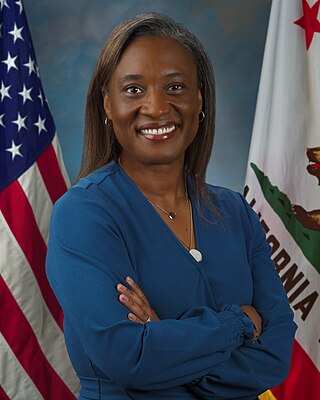
Laphonza Romanique Butler is an American labor union official and politician serving as the junior United States senator from California since 2023. Butler began her career as a union organizer, and served as president of California SEIU State Council from 2013 to 2018. A member of the Democratic Party, she was a regent of the University of California system from 2018 to 2021, and the president of EMILY's List from 2021 to 2023.

















